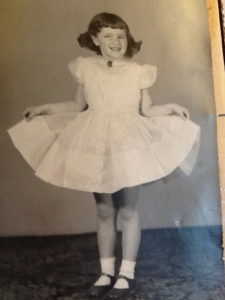BLOG for Poetry Summit A Glimpse… Adult Poetry and Children’s Poetry
A Glimpse
Adult poetry and Children’s poetry
 A few years ago, after a talk about children and poetry, I was asked about the difference between adult poetry and kid’s poetry.
A few years ago, after a talk about children and poetry, I was asked about the difference between adult poetry and kid’s poetry.
A cheshire cat grin rolled over me. I didn’t have to think twice. ‘There really is none,’ I replied with a smile. ‘A good poem is a good poem is a good poem. Of course themes and language will be different. Age and emotional suitability may vary. But poetry for children is not – at it’s heart – different from other poetry.’
Let’s take a glimpse at the basics. Just a glimpse.
What is it we expect when we read a poem?
The first thing is simple. There is an invitation. Something in the title or opening line says, Come on in. I have an idea you’re going to like.
Sounds good. We decide not to close the book or turn the page. We read further. The poet is communicating a vision we intuitively like. He or she is talking to us the way a friend might.
From that first invitation a good poem offers, the child is often more than willing to suspend what they already think and allow themselves to be transported into another world. Indeed, kids are often more eager and open than adults to step inside and treat the poet as a new friend.
But the words themselves must also spark magic; the swing and sway of the rhythms, meter and sound need to be dynamic. And feel right. It is the poet’s craft with words which creates excitement and meaning for us. Because our brains buzz and light up when the exact right words both sound great and go together. Like they were meant to be.
As for sound musicality and language aquisition, these are the child’s very own domain; one filled with the joy of rhyme, the thrill of rhythm and the love of onomatopoeia to name a few.
And what is it the poet says to us? Is it clear and sunny enough that we can relate? Are the words bright enough in the lines we read for us to ‘get’ it.
Next we ask if this poem inspires us. Do we feel the poet’s unseen presence in his words? Does the poem burrow down to ignite those misty moon-lit thoughts we have but don’t know very well? The thoughts that are deeper and richer than our everyday words and ideas. The ones that allow us to imagine a new way of seeing things.
For imagination relies upon the senses; of what we have seen, heard, touched, tasted, smelled and remembered. A good poem creates the words and sensations that call upon reader’s personal memory store and then graciously offers up the possibility to re-imagine, re-pattern and re-position the reader’s own understandings.
Children grow in the ambiguity of light and dark. In the bright logic of facts and ideas about the world. But they also grow in the belief that there is something else. Something unknown, dark and uncontrollable. Being close to and accepting the mysterious plays an important role in a child’s development. A child is open to being moved by a poem.
And precisely because children play and because imagination is the currency for this play, a good poem can ignite a child’s mind. And as children are both close to their sensory understandings and memories, a good poem has the potential to fly them into a universe pulsing with possibility.
To finish my reply to the question, I think we all, at every age, respond to the same human impulses; the ones which lead us to better understand and illuminate the world we find ourselves in.
And that is why my cheshire cat can’t help but smile.